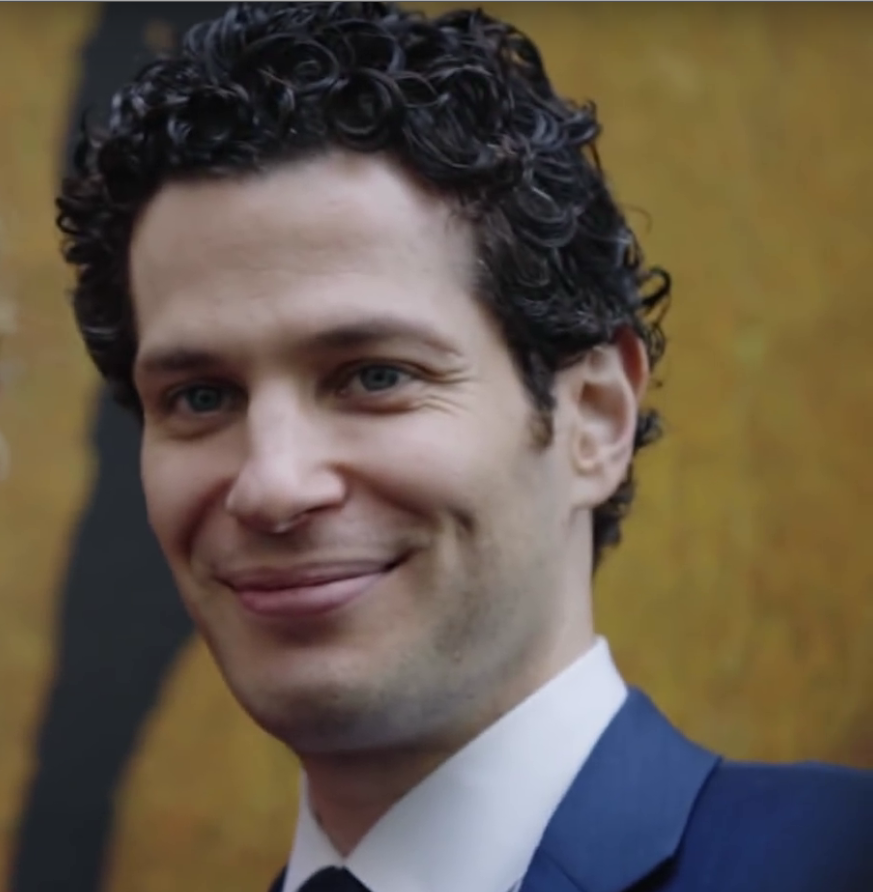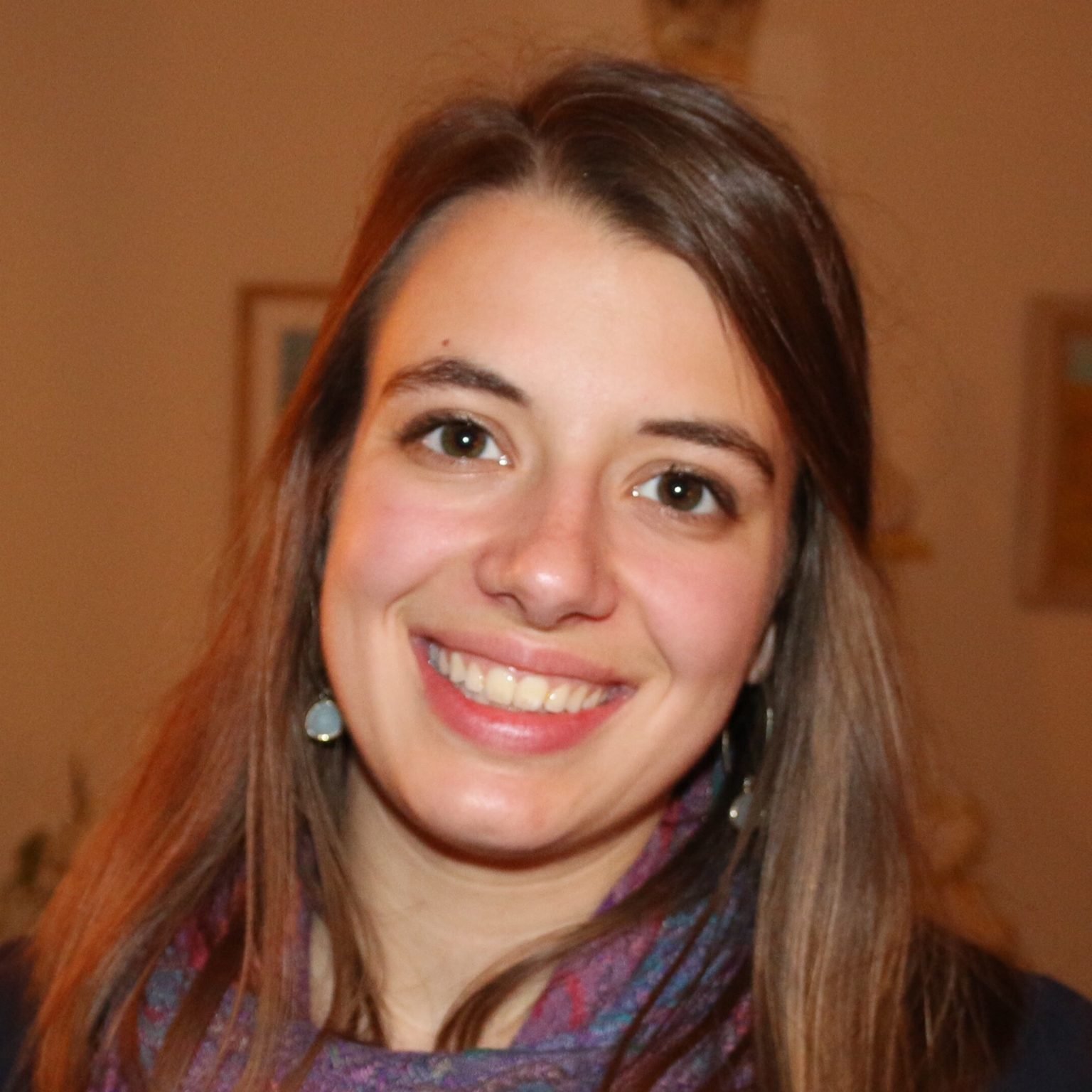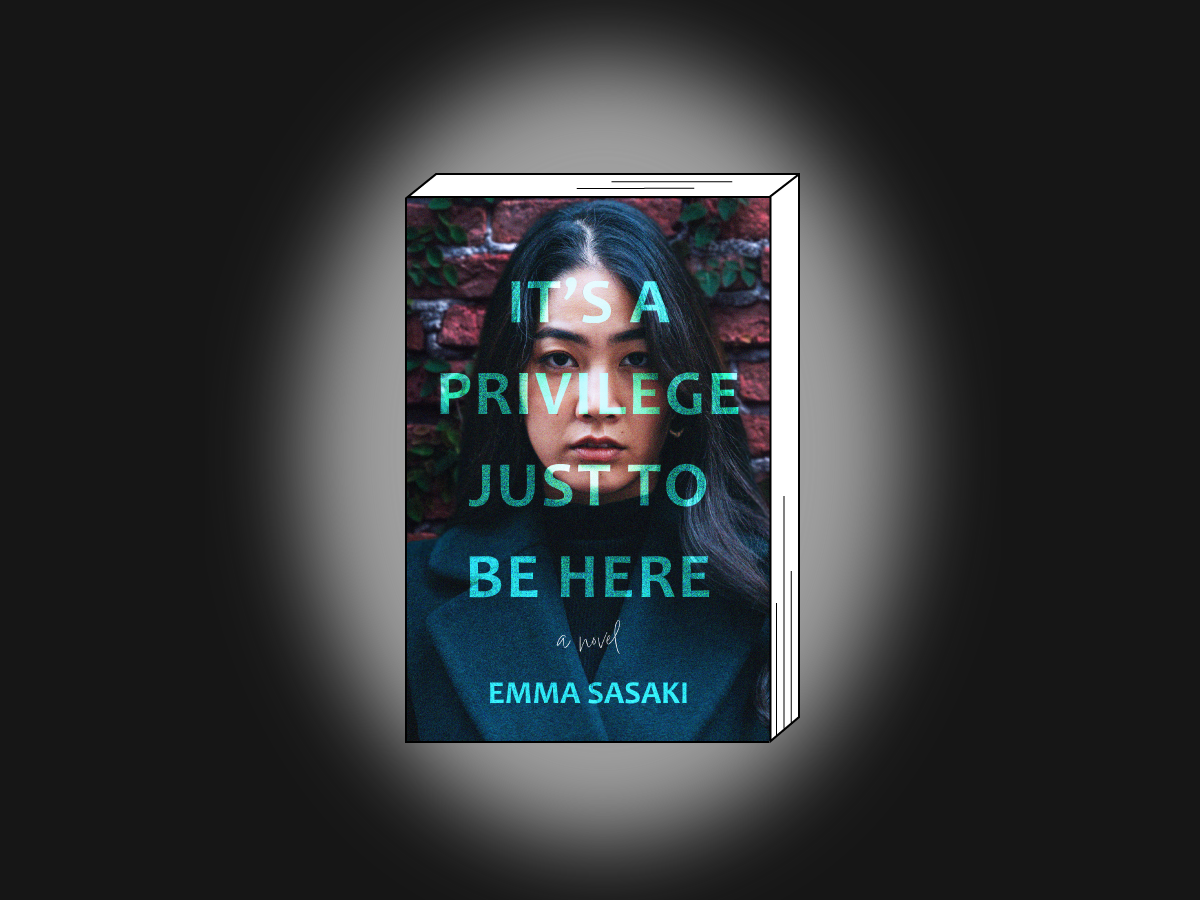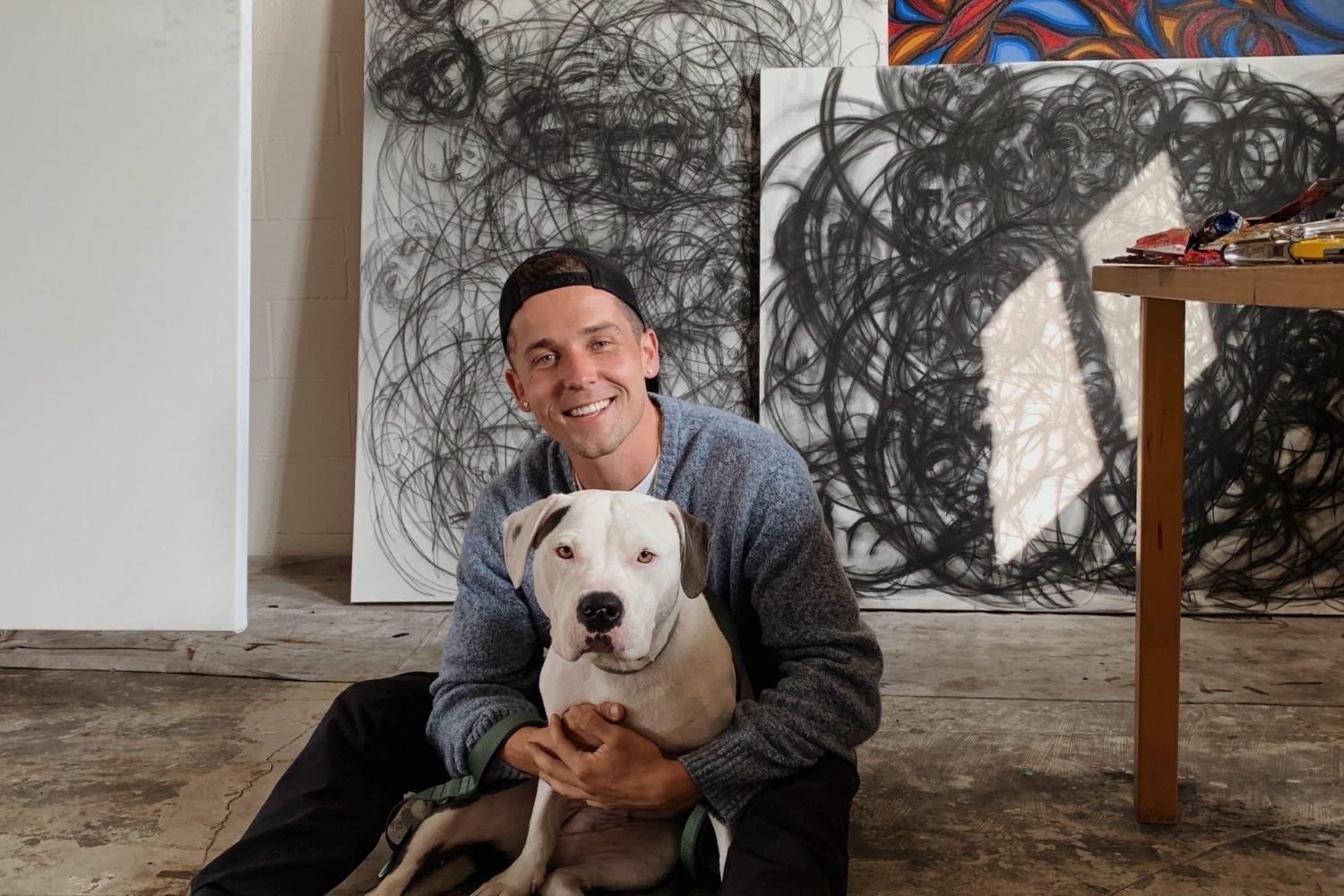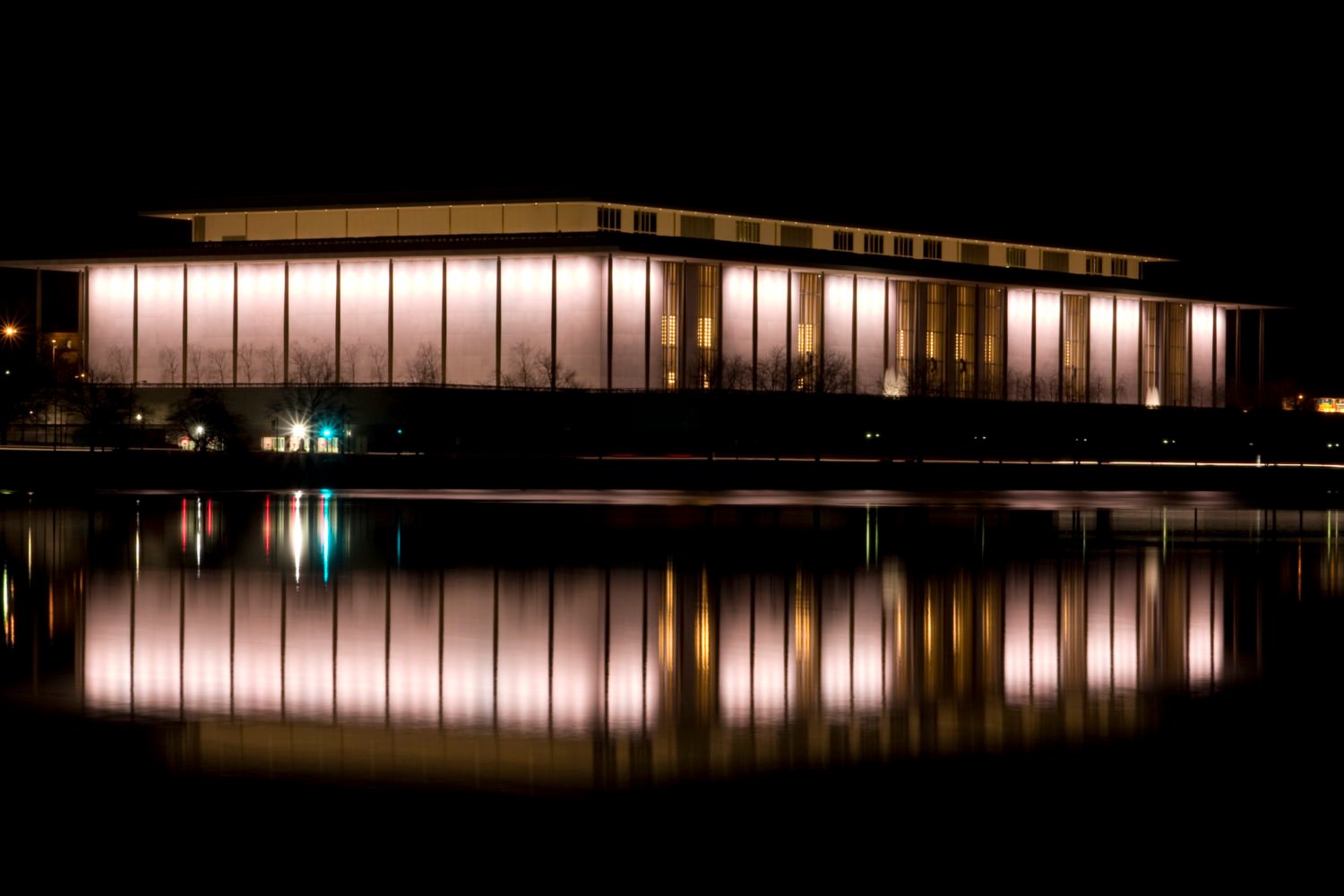Hamilton‘s lyrics may call New York “the greatest city in the world,” but Thomas Kail, the musical’s Tony-winning director, claims “the proud 703″ as his hometown. Kail was born in Alexandria and made the daily commute from King St. to Tenleytown to attend Sidwell Friends, which means that the astronomically popular hip-hop musical’s stint at the Kennedy Center will serve as a homecoming as well as his DC directorial debut. We asked Kail about growing up in the area, staging Hamilton in this politically fueled city, and, of course, the Caps.
Were you at the Caps parade?
I wish I was at the Caps parade. I grew up in Alexandria, so I used to go ice skating at the Mount Vernon ice rink, which is where the Caps practiced. I have like 78 hockey sticks from Rod Langway. I was a crazy, crazy DC sports fan. I happened to be in Vegas with the other [touring production of Hamilton] on the night of the first game, so I had to kind of mute it. But I was wearing my pride on the inside.
So you’re directing productions in multiple different cities?
I am responsible for and direct all of the tours and all of the productions of Hamilton. I cast everybody in every show, I rehearse them when we’re in New York. Once the show is out on the road, I have a really incredible group of resident and associate directors who each live with the production. I can’t be in all these places at once, so this allows there to be someone from our directing team always present. There’s a lot of text chains flying around. And I try to go see the show as frequently as I can when it’s on the road, which ends up being roughly every six to eight weeks. They don’t need me at this point, but I like being around. I’ll usually go and try to watch a couple shows, run a rehearsal, be there to take notes, and also just to connect with them.
How has growing up here influenced your artistic work?
Because I was interested in politics and around politics, I found there are different kinds of leaders. There are the leaders who surrounded themselves with people who knew things that they did not know and could tell them things that they might not be able to see, and that always felt really appealing to me. There is something about surrounding yourself with people who are going to push you and extend you and have points of view that are really distinct from yours. That was something I put into my team-building when I started to move into leadership positions. I was so conscious of how much power is discussed in that city, from being a young kid.
You really can’t escape [politics in DC]. I drove into school and there were these monuments to people. You’d go to a soccer game and go, “Oh, that’s your mom. Oh, that’s your dad.” That was something I thought about a lot when we were making the design concept for Hamilton: that this couldn’t be about monoliths. It had to be about people. The personal nature of politics makes for better drama. Pushing paper around a desk is not that interesting, but when you understand why someone’s moving a paper one direction or the other, then everything begins.
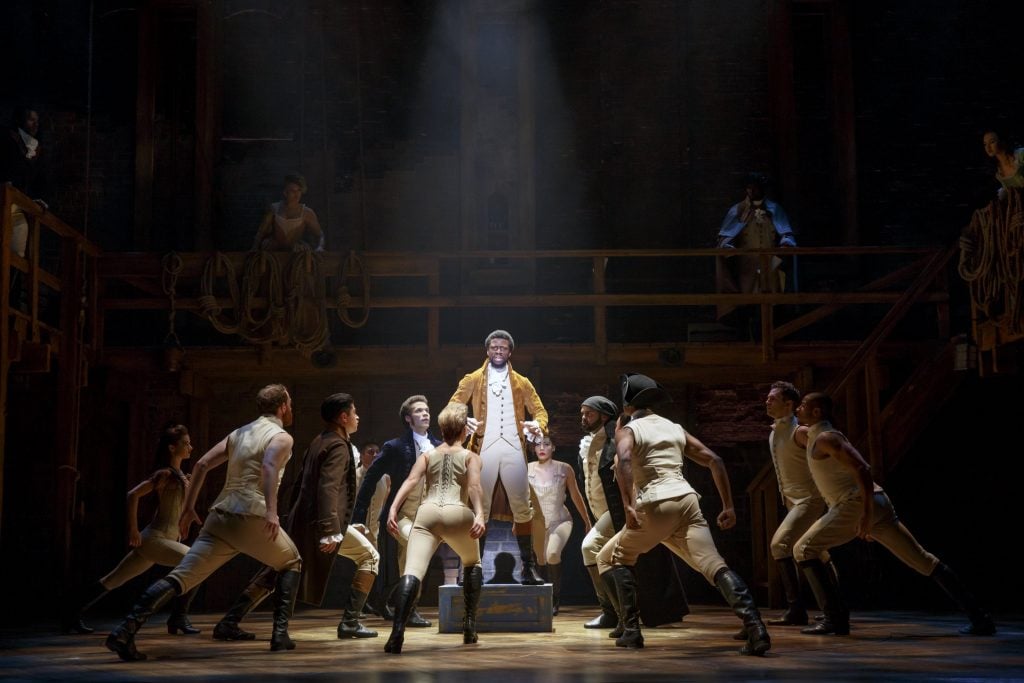
Are there moments that you anticipate having extra resonance because it’s being performed in DC, especially right now?
Our job is to go and tell the story that we’ve been telling every night for the last three years. And if we tell it with authenticity and integrity, then everybody finds their own way in. To me, that’s the most nuanced argument that anyone could have, or the most elevated conversation. Our show is about these human beings at these moments of crisis and these moments of challenge and how they respond to the mistakes that they made.
That’s the beauty of anything that has real truth in it—a piece of sculpture, visual arts, some sort of writing. Everybody reads the same words, everybody hears the same thing, but the person next to you’s experience with it can be completely distinct from yours. And our hope is, because of the communal nature that theater embraces, that maybe on the way home, that becomes the spark of a conversation. Wherever we do the show, what I’m most excited about is: What are people talking about when they walk out and back into their lives? What are they talking about now that they weren’t talking about before?
This interview has been edited and condensed.

